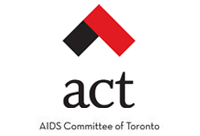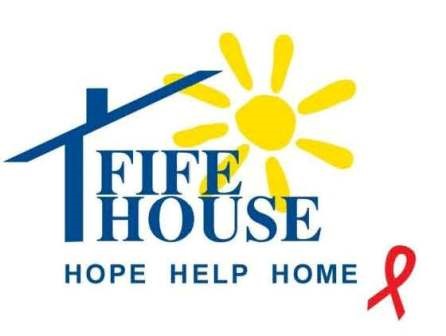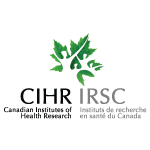Research Team: Sean Rourke (PI), Winston Husbands (co-PI, Donald Wilson (co-PI), Barry Adam, Andre Ceranto, Lori Chambers, Alan Li, Marvelous Muchenje, James Watson, Catherine Worthington
What was this research about?
When thinking about how to improve HIV care and services or HIV prevention, it is vital to hear from the people most affected. To provide useful and appropriate answers, a broad cross section of people living with HIV and people from affected communities must be open to participating in research. The FACBAR study (Facilitators and Barriers to Participation in HIV-related Health Research) was funded by CIHR and based at OHTN. It aimed to understand what makes such research studies possible, and what things might be barriers. The study explored the attitudes 1,011 HIV-positive and HIV-negative individuals from four key priority populations towards participating in various forms of health research:
- men who have sex with men
- Indigenous Peoples
- African, Caribbean and Black communities
- people who use drugs
Research Outcomes
The FACBAR study looked at people ideas about community involvement in research. It found that:
- HIV-positive and negative individuals are interested in participating in health research. Of those who had already been part of a research study, 88% had had a positive experience.
- Individuals are more likely to participate in sociobehavioural and biomedical studies compared to clinical trials. Not surprisingly, HIV-positive people were more likely to participate
in health research (including clinical trials) compared to their HIV-negative counterparts.
- 85% of participants said it was very important that a community organization endorses the study and that the study has a community advisory committee.
- 99% of respondents said their willingness to participate would increase if the study is based on an issue or concern raised by community.
- Ownership of research is important. People living with HIV are more willing to participate in research when they find the researchers/research team reputable and trustworthy and when the research is funded by a not-for-profit agency.
The FACBAR study also explored the language of community based research and what it means to participants. For example, research commonly uses the term “community” to refer to the population affected by the issue being studied, and “peer” to refer to affected individuals. These terms both had complex layered means for people in the study.
Some groups had difficulty expressing any sense of what a “community” was, others described it as: “a geographic entity (e.g., town) or place of origin (e.g., reserve); “a neighbourhood or place where they socialized;” a sense of (dis)connection to a multi-layered identity group (e.g., “gay world,” “Black community”);” or “a virtual or online community.” “Communities” were viewed as complex and emanating from intersecting networks – defined by a sense of belonging (or disconnection) and/or inclusion (or stigmatization).
A “peer” was understood as someone with similar life experiences or attributes (including age, gender, sexual orientation and experience of HIV), but could also be someone that a person felt respect for, who had a shared understanding of the world. Peer was also understood as someone who provided acceptance and a sense of safety.
Support:
This study was supported by a three year grant from the Canadian Institutes of Health Research (2011-2014) and by in-kind support from OHTN staff and staff scientists.
Study Partners:






